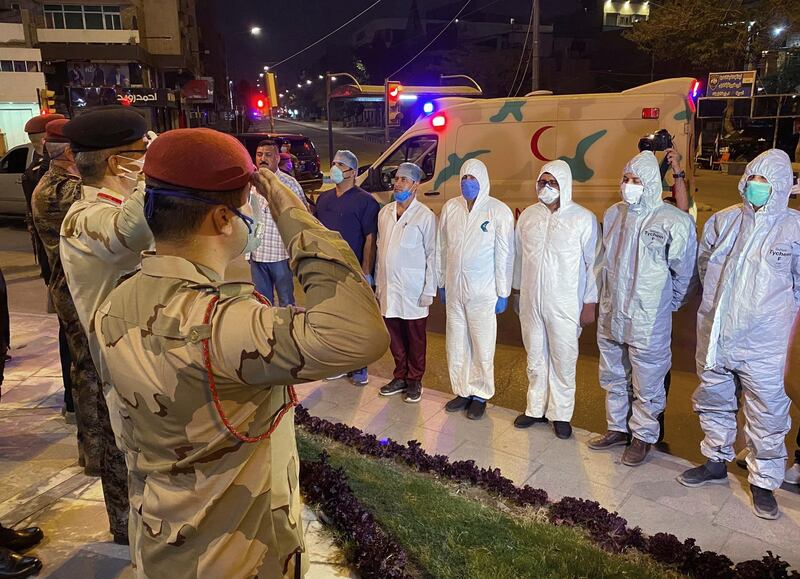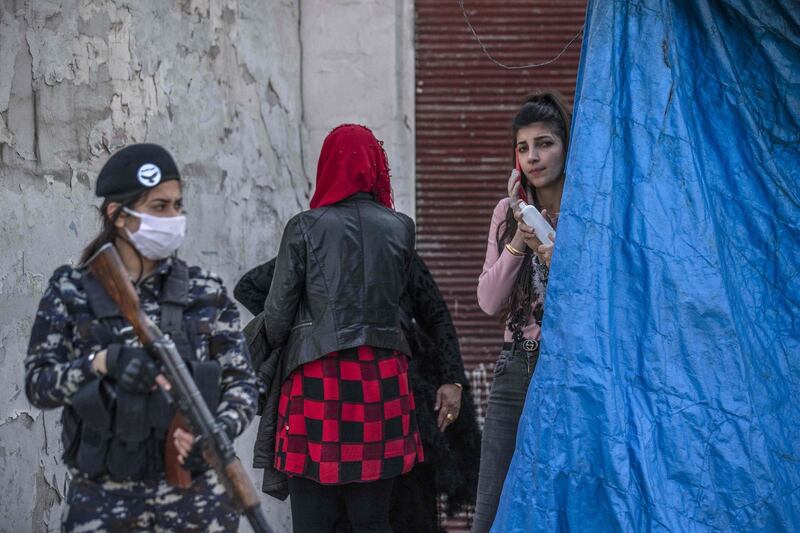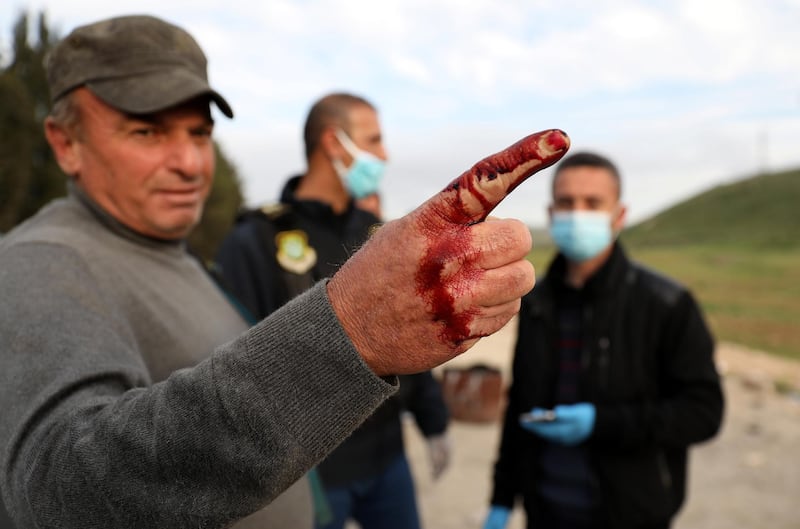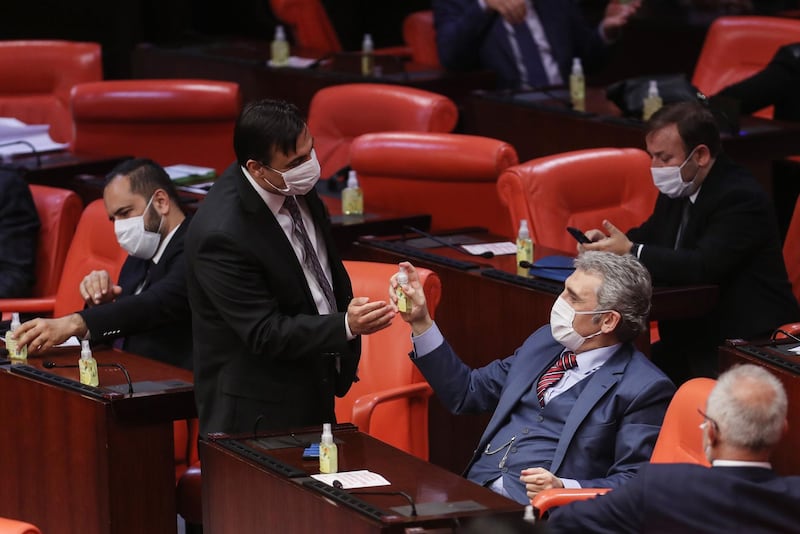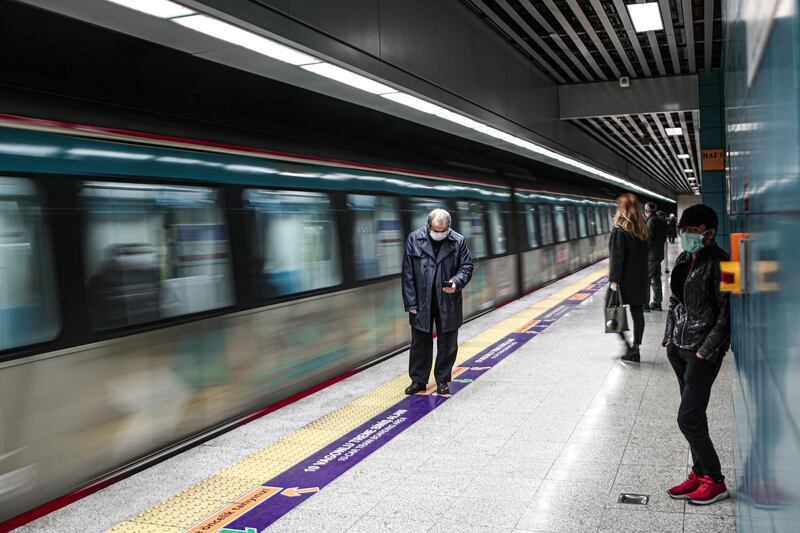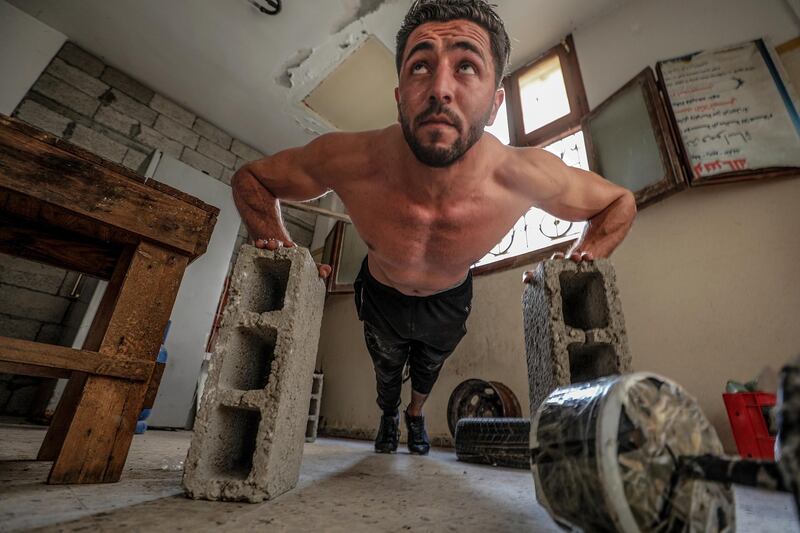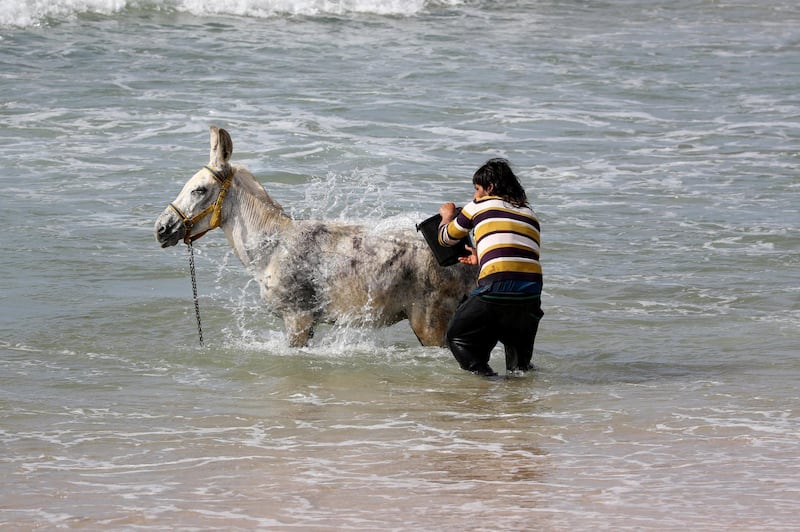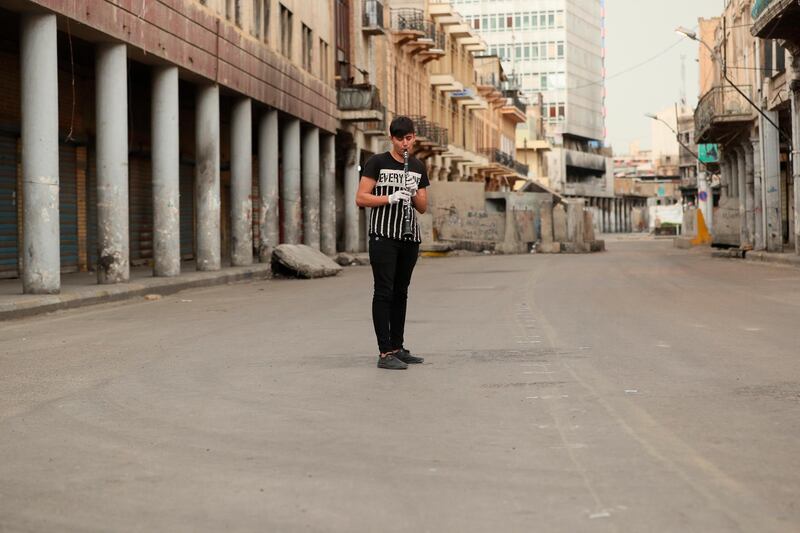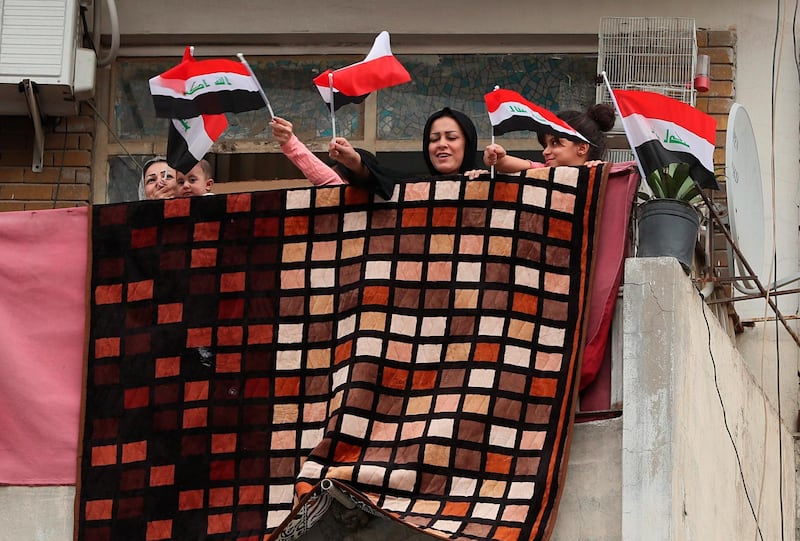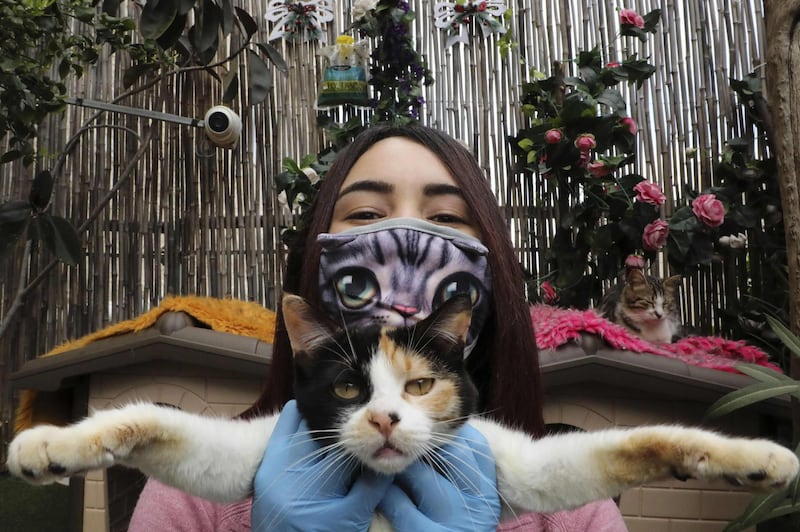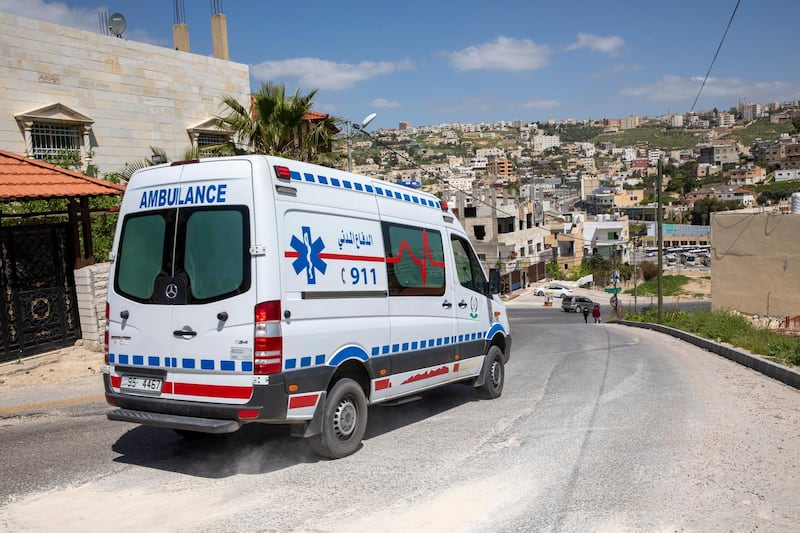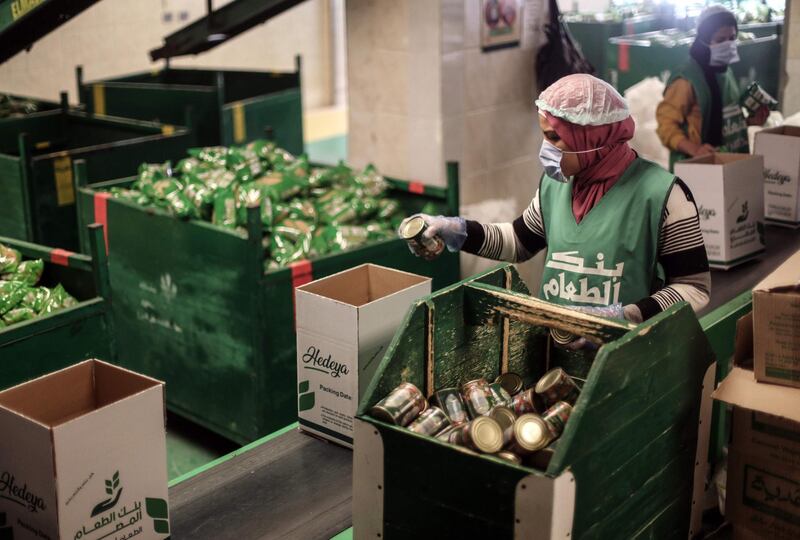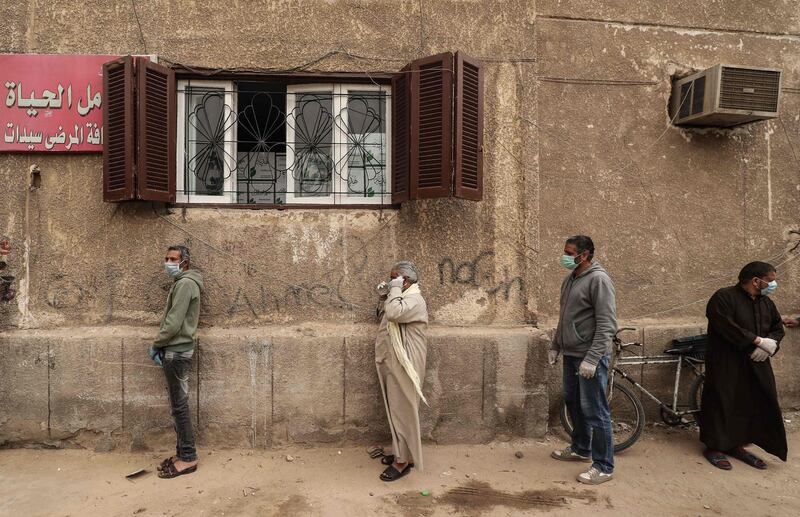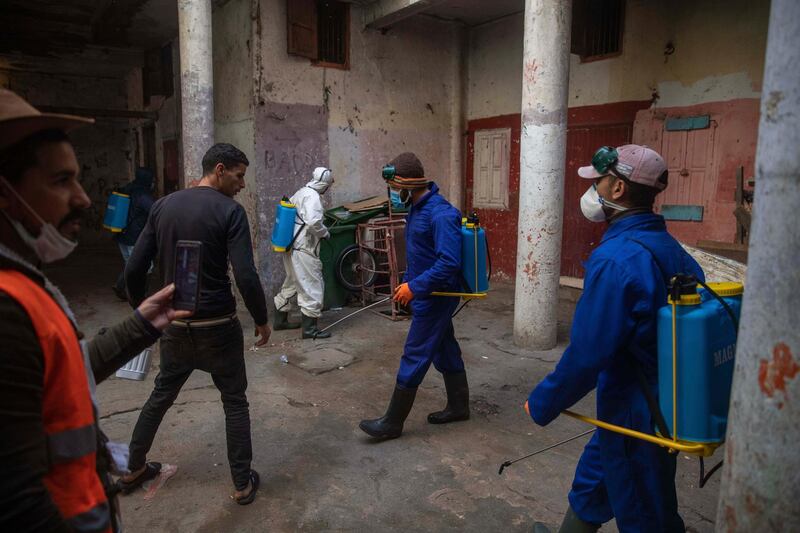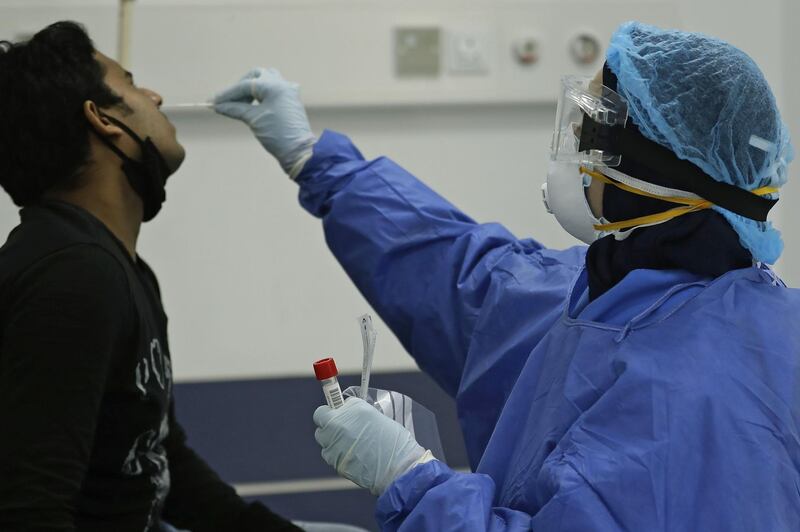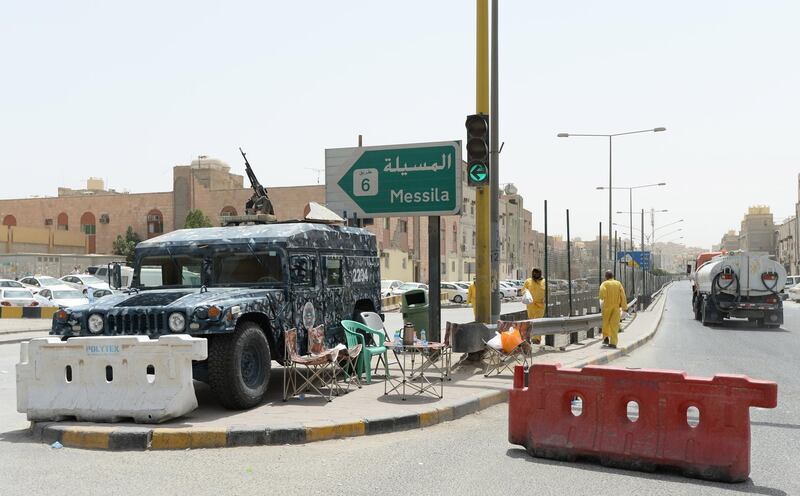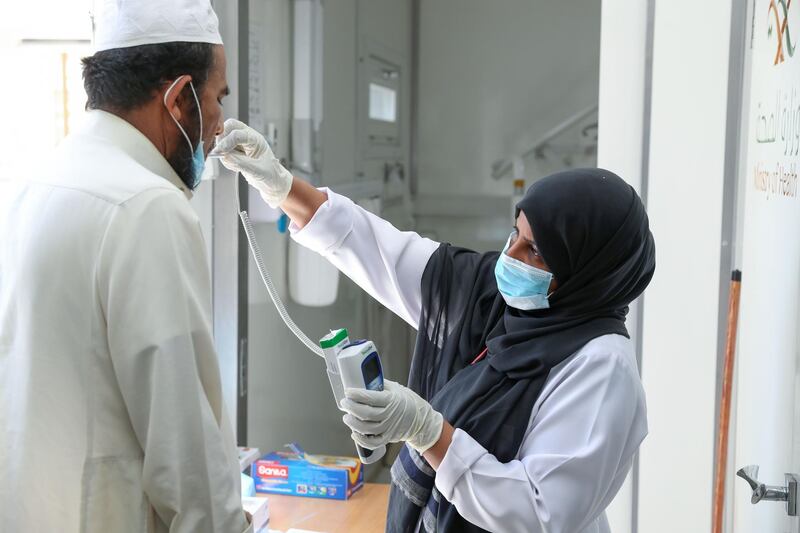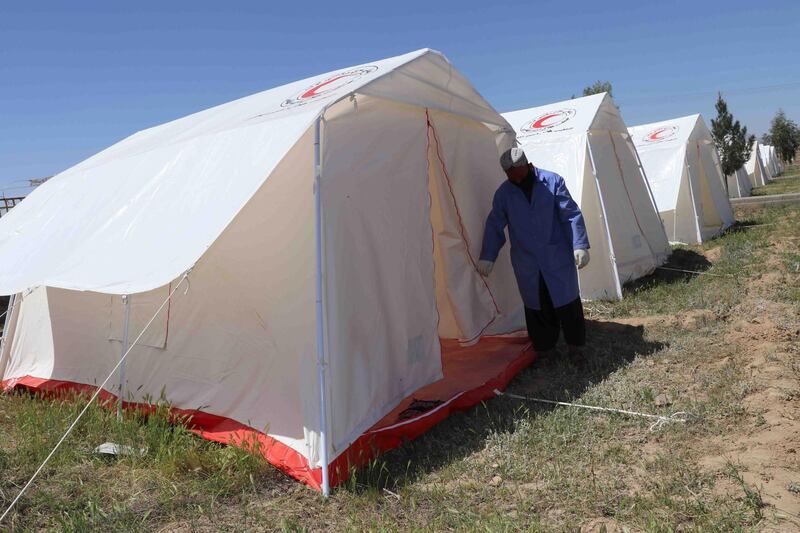Doctors, nurses and staff at private hospitals across Iran are being laid off amid the worst outbreak of coronavirus in the Middle East.
With the government restricting movement and ordering businesses to close, many private medical centres have cancelled operations and people have stopped seeking non-urgent medical care.
Dr Khalil Alizadeh, the managing director of Atieh Hospital in Tehran, released a video this week saying that he had been forced to lay off 50 per cent of his staff amid the outbreak.
The vast majority of coronavirus patients are being treated in public hospitals.
But Qassem Jan Babaei, the deputy minister of health, told the state-run Irna news agency that the government could not send recently fired medical staff to public hospitals to aid in the fight against the coronavirus as new doctors and nurses are hired based on annual quotas and on test scores.
He said the government would look to see if there was capacity in last year’s quota of new staff. Mr Jan Babaei did say that nurses could be hired on a three-month temporary contract to work in hospitals treating coronavirus patients, but they would not be given health insurance.
There are more than 60,000 confirmed cases and there have been more than 4,000 deaths from the coronavirus in Iran.
Coronavirus in the Middle East
Hossein Kermanpour, an adviser to the vice-chancellor of Tehran University of Medical Sciences, told Irna that if the government doesn't intervene soon more doctors and nurses would be laid off.
He said that as well as falling patient numbers, operating costs were skyrocketing as basic hospital supplies – including cleaning products and personal protective equipment – were becoming hard to find.
"Hospitals have to buy disinfectants from the open market from intermediaries at expensive prices and do not have easy access to these items,” he said.
This has forced hospitals to cut staff hours and lay off medical workers.
Mr Jan Babaei said that public hospitals being used to treat coronavirus patients were trying to direct non-Covid-19 patients to private and charitable health centres.
Alireza Raisi, also a deputy health minister, said they have no data on the number of staff laid off in recent weeks but admitted the private medical sector in Iran was struggling financially.
Although all Iranians are entitled to national healthcare, years of underfunding have left an overstretched medical system and poor infrastructure. As such, many Iranians who can afford insurance opt for private care.


